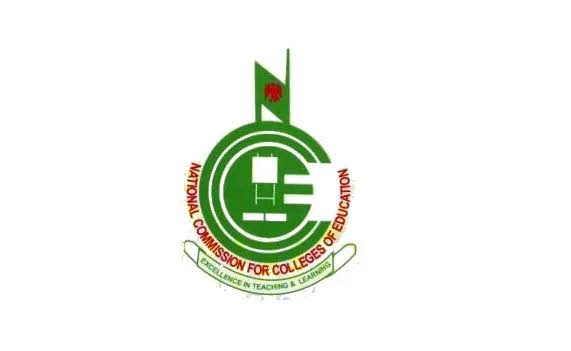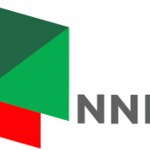The National Commission for Colleges of Education (NCCE) has uncovered and shut down 22 unauthorized colleges of education across Nigeria in a nationwide operation aimed at eradicating unlicensed higher institutions.
The action follows President Bola Tinubu’s recent directive to regulatory agencies to intensify the fight against illegal tertiary institutions, which he described as “certificate millers” undermining the credibility of Nigeria’s education system. Speaking at the 14th convocation of the National Open University of Nigeria, the President, represented by officials of the Federal Ministry of Education, stressed that the integrity of the nation’s academic system must not be compromised.
The NCCE said its monitoring also extended to financial and personnel audits across all 21 federal colleges of education, part of a wider push to improve transparency and quality within the sector.
While the commission has not publicly released the full list of the closed institutions, observers note that the lack of disclosure may be tied to ongoing investigations or the need to verify the extent of the illegal operations.
The closures carry serious implications for students enrolled in the affected schools. Certificates issued by unaccredited colleges are not recognized by the Federal Government, making them invalid for National Youth Service Corps (NYSC) participation, employment, or further academic pursuits. Many students now face the painful reality of losing both time and money, with their qualifications rendered void.
Beyond invalid credentials, thousands of students risk having their education disrupted entirely. With the institutions shut down, they will have to seek admission into accredited colleges of education, a process that could mean starting over, as most legitimate institutions are unlikely to accept credits from unrecognized schools. This not only delays career aspirations but also adds financial strain on families already struggling with high tuition costs.
The closures also expose students to financial loss, as proprietors of illegal institutions often charge hefty fees while operating outside government oversight. While the authorities have pledged to prosecute operators and possibly recover illicit fees, it remains uncertain whether students will receive any refunds.
Analysts warn that the proliferation of illegal colleges reflects deeper structural challenges in Nigeria’s education system. Low admission rates into accredited institutions, poor oversight, and the desperation of students to secure higher education opportunities have created a fertile ground for unlicensed operators. Recent reports indicated that 64 accredited colleges of education recorded no applicants last year, highlighting a growing disconnection between legitimate institutions and the aspirations of young Nigerians.
The crackdown, however, signals a stronger government resolve to safeguard the sector. By aligning the NCCE, the National Universities Commission, the National Board for Technical Education, and other agencies with NYSC and JAMB, the administration aims to tighten regulations, close gaps exploited by illegal operators, and restore credibility to Nigeria’s tertiary education system.
For students, the closures underscore the importance of verifying the accreditation status of institutions before enrolling. For policymakers, they present a call to make accredited colleges more attractive and accessible, both in affordability and relevance to modern labor market needs.
As Nigeria seeks to strengthen its education sector, the fight against illegal schools remains a critical step in restoring confidence, protecting students, and ensuring that qualifications earned in the country are respected at home and abroad.










